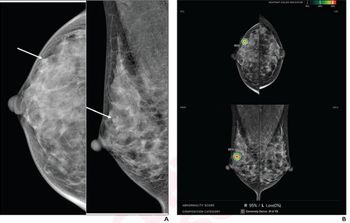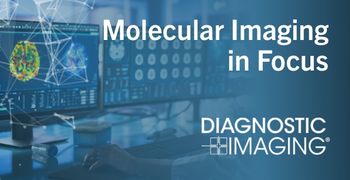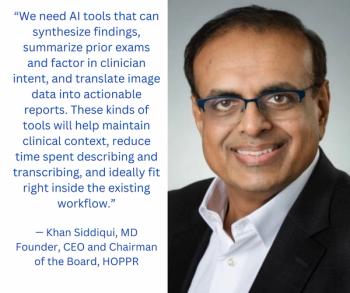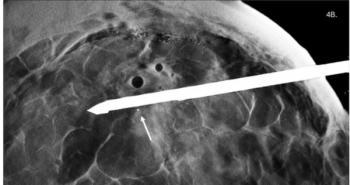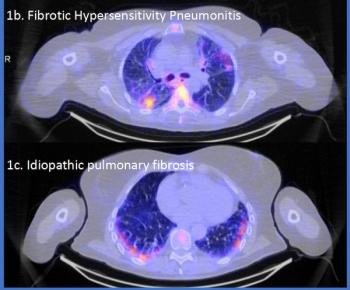
Siemens presents new E.Cam cardiac unit
Siemens Medical Systems' nuclear medicine group of Hoffman Estates, IL, rolled into the Radiological Society of North America meeting last month with a new offering in its E.Cam line. The company introduced E.Cam Cardiac Imaging System for dedicated
Siemens Medical Systems' nuclear medicine group of Hoffman Estates, IL, rolled into the Radiological Society of North America meeting last month with a new offering in its E.Cam line. The company introduced E.Cam Cardiac Imaging System for dedicated cardiac SPECT applications and cardiac perfusion studies. The new camera is part of the group's ongoing effort to reach market niches by segmenting its gamma camera lineup.
The new E.Cam has detector heads that can be positioned in both 90 and 76 configurations for automatic body contouring, and its cardiology software package includes the Advanced Emory Cardiac Toolbox. Like other E.Cams, it employs a workstation based on Apple's Macintosh G3 computer.
The cardiac system adds a fifth camera to the company's other E.Cam offerings: a variable-angle system, a dual-head, 180 unit, a single-head camera, and a coincidence unit. Siemens expects the new E.Cam to list in the $280,000 to $340,000 range.
Newsletter
Stay at the forefront of radiology with the Diagnostic Imaging newsletter, delivering the latest news, clinical insights, and imaging advancements for today’s radiologists.

